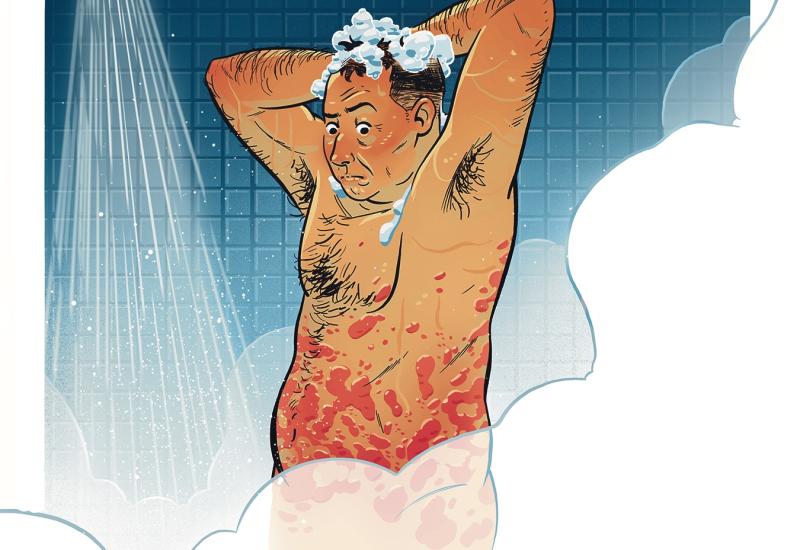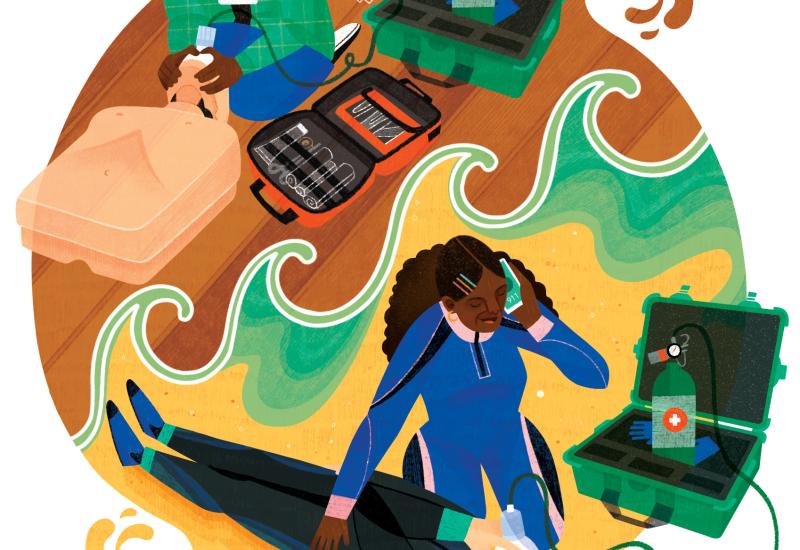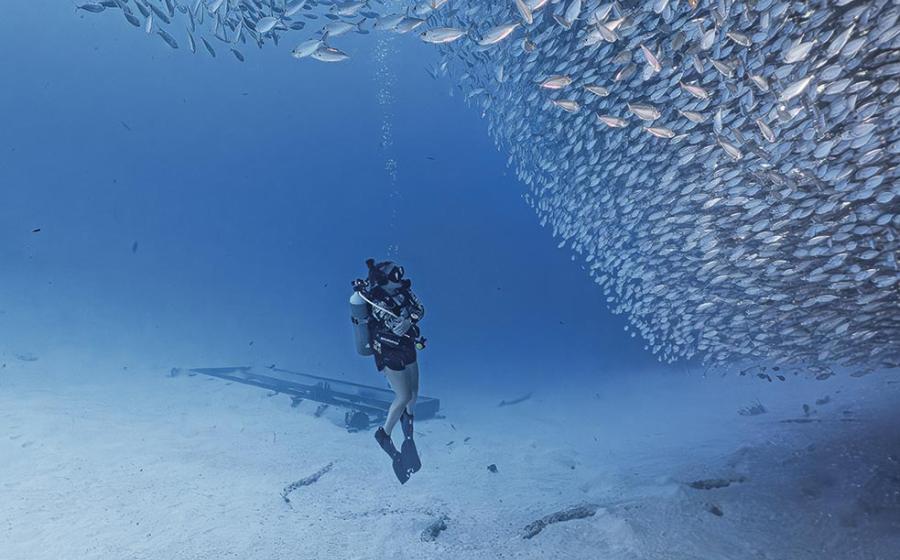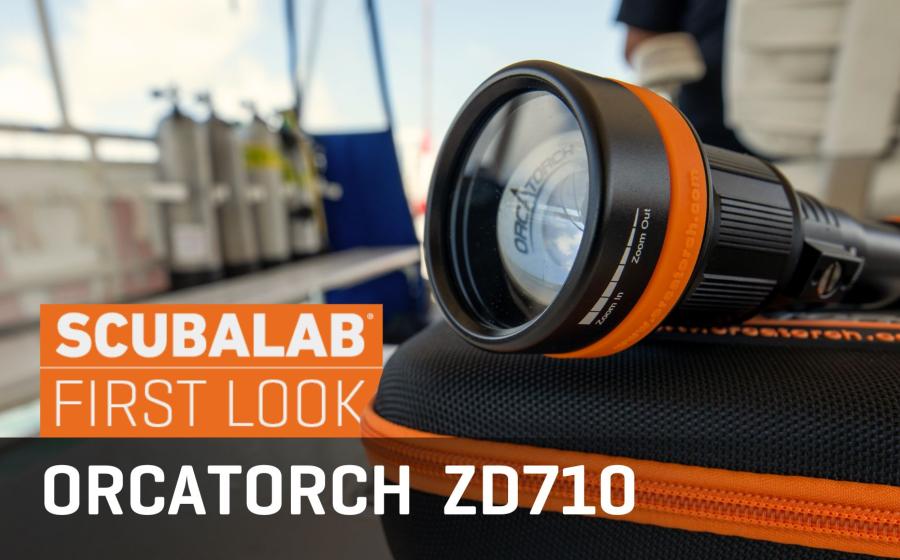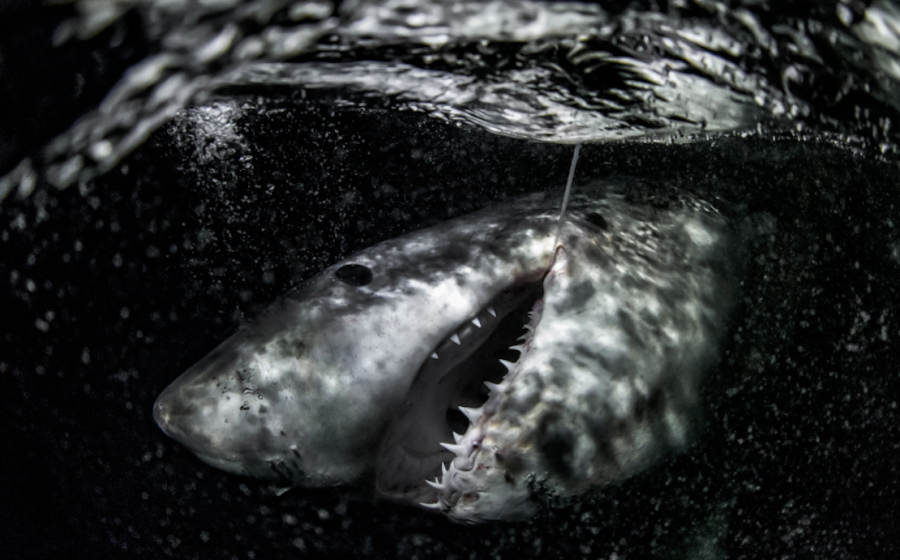What Does It Mean When You Have Post-Dive Ear Pain?
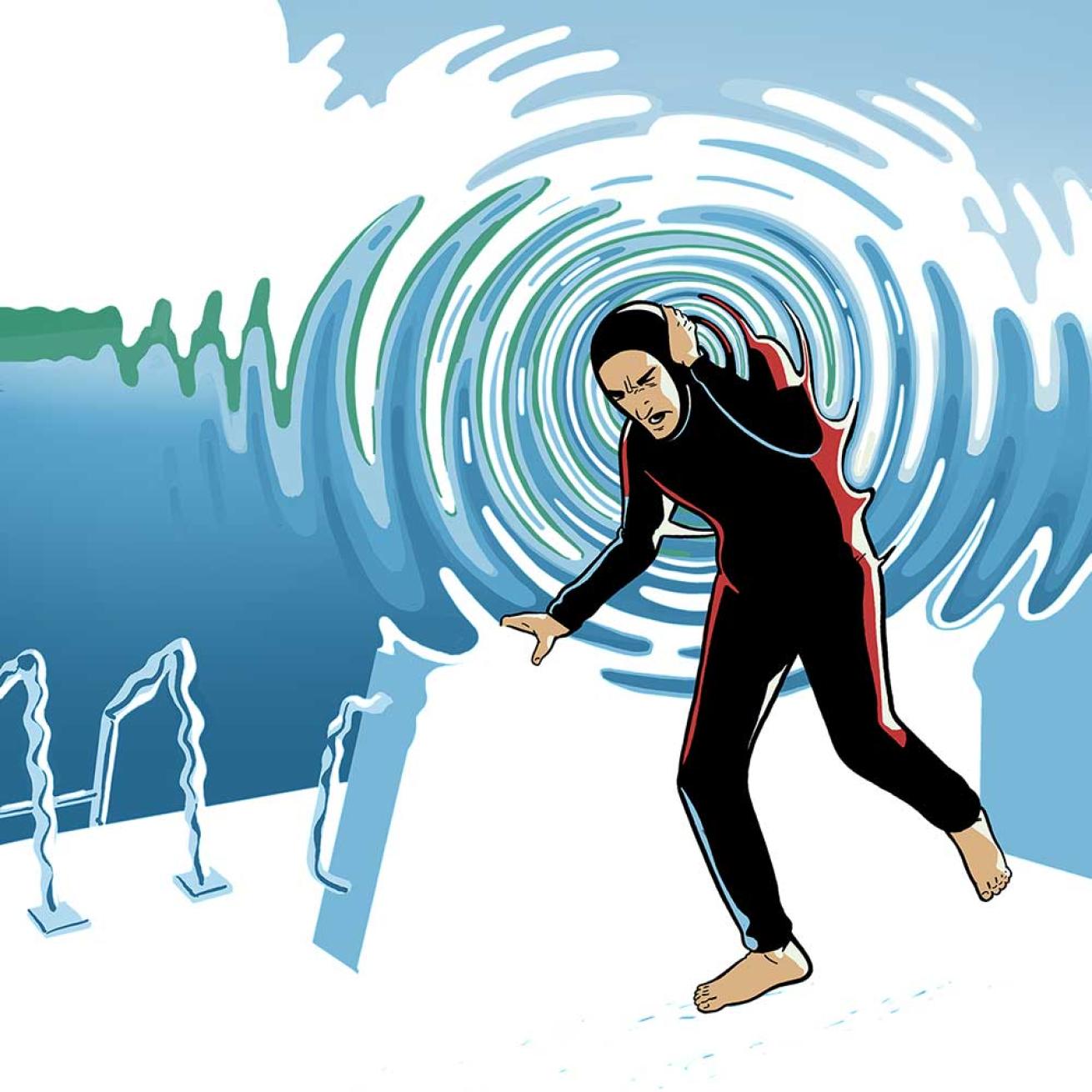
Steven P. Hughes
Ted had always wanted to learn to dive and he set aside a week to complete his PADI Open Water Diver and Advanced Open Water Divercourses back-to-back at a local rock quarry. It went great, except for some problems with equalizing his ears. Back home, he felt dizzy, and his left ear still hurt.
The Diver
Ted was a 42-year-old construction worker. He had taken up swimming to prepare for his dive training and had no known health conditions. He reported that he was just getting over a head cold but that the outward symptoms had cleared a few days before.
The Dive
Ted completed 12 dives over the week, some were training dives and a couple were fun dives with his instructor. He didn't mention his ear problems to his instructor, but his left ear had been slow to equalize and he said it felt full when he was on the surface. He aborted his last dive due to ear problems.
The Accident
After aborting his last dive, Ted went to the emergency room with ear pain and vertigo. He also reported seeing blood when he blew his nose.
The doctor diagnosed Ted with middle ear barotrauma and referred him to an Ear, Nose and Throat (ENT) specialist.
Related Reading: What Is Inner Ear Decompression Sickness?
Analysis
The ear has three parts: outer, middle and inner ear. The middle ear is an air space behind the eardrum that is equalized to the ambient water pressure using the Valsalva maneuver or other equalization technique. If you fail to equalize, or if your Eustachian tube is blocked, the water pressure will stretch your eardrum inward, causing pain. This is called middle ear barotrauma—a pressure injury.
Your body will attempt to equalize that air space by adding plasma and blood into the middle ear. After the dive, that fluid stays, causing a feeling of water in the ear. This can take weeks to resolve and lead to an inner ear infection, so it is good to see a doctor if the feeling persists.
Ted reported just getting over a cold. It can take up to two weeks for cold symptoms to completely resolve. You may not have a stuffed-up nose, but your Eustachian tubes can still be partially blocked with mucus, making it more challenging to equalize and leading to problems. Think of your Eustachian tubes as bendy straws connecting your throat to your middle ear. It is very easy for that to get blocked.
Related Reading: How to Find a Doctor for Scuba Medical Advice
Most of the time, middle ear barotrauma doesn’t lead to a feeling of dizziness or vertigo. Ted’s repeated dives likely put further pressure on the inner ear, which controls balance. Vertigo is a potential symptom of other medical problems and should always be evaluated as soon as possible. Inner ear decompression sickness is rare but benefits from early treatment. If possible, you should have a doctor versed in diving medicine evaluate you.
Lessons for Life
Learn ear equalization techniques: Several techniques can make equalization easier. Work with your instructor to determine which method works best for you.
Wait until a cold clears completely before diving: It’s tough to wait, but it takes longer to get over a cold than you might think. Don’t push it.
Seek medical attention if you think you may have middle ear barotrauma. You may have ruptured an eardrum or have fluid build-up that can cause infection. It is better to be safe than sorry.


